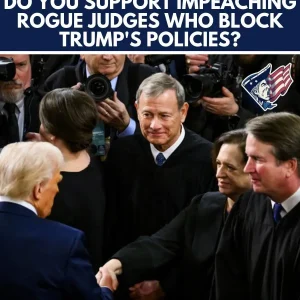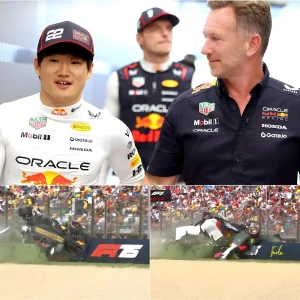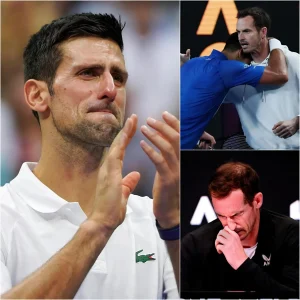Speculation about Hillary Clinton launching a presidential campaign in 2028 has ignited discussions across political circles, fueled by recent public appearances and social media buzz. The former Secretary of State, Senator, and 2016 Democratic nominee has not confirmed any plans, but her visibility at events like the 20th anniversary of the Clinton Presidential Center in December 2024 has kept her in the spotlight. Posts on X and reports from outlets like the Daily Mail have amplified rumors, with some suggesting she is eyeing another White House bid. At 81 by 2028, Clinton would face questions about age and electability, yet her experience and name recognition make her a formidable figure.
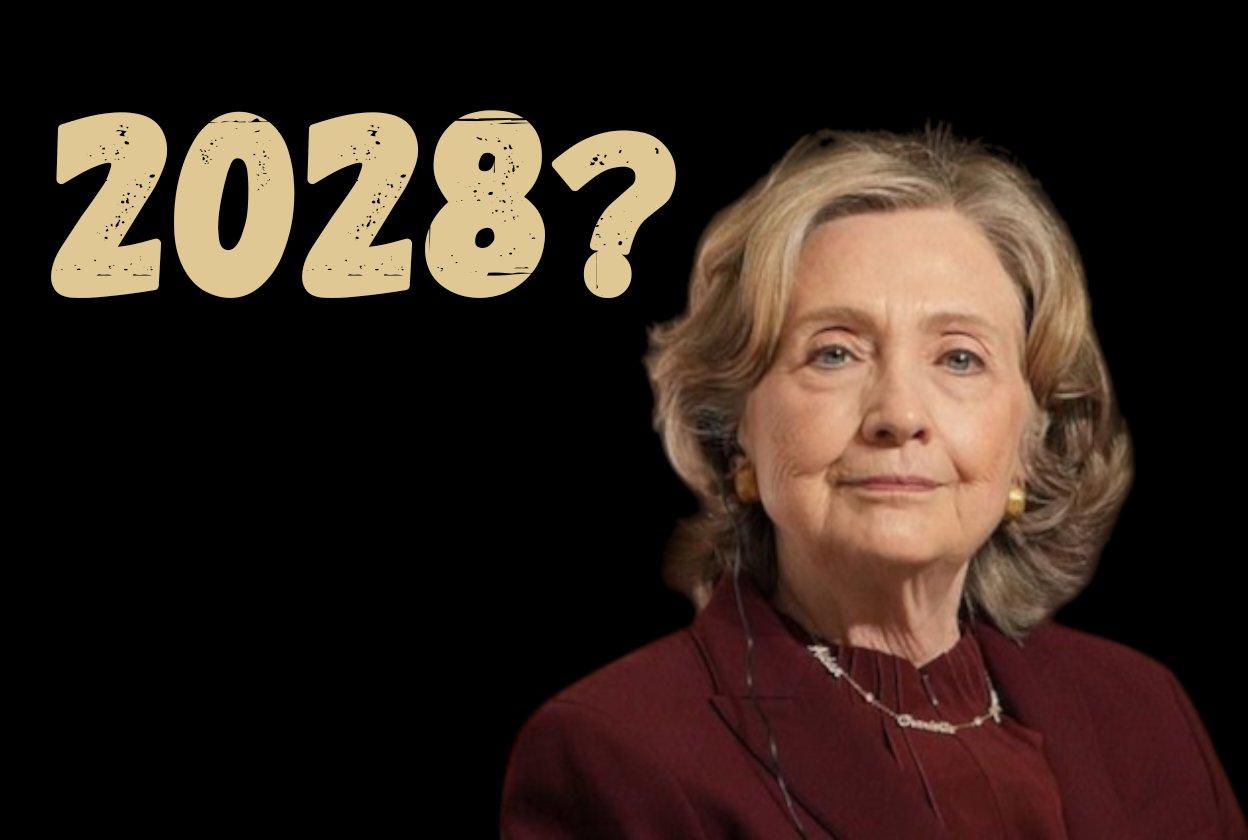
Clinton’s recent comments, such as those at a New York City book talk in May 2025, show her engagement with current political dynamics. She noted the Republican trifecta—control of the House, Senate, and White House under President Donald Trump—and emphasized the need for Democrats to focus on the 2026 midterms rather than 2028. This strategic perspective suggests she is carefully assessing the political landscape. Her critique of Trump’s declining approval ratings indicates she remains a sharp observer, potentially positioning herself as a unifying voice for Democrats seeking to rebound from their 2024 losses.
The Democratic field for 2028 is crowded and diverse, adding complexity to Clinton’s potential candidacy. Figures like Michigan Governor Gretchen Whitmer, Illinois Governor JB Pritzker, and former Vice President Kamala Harris are already making moves, with Harris reportedly weighing a 2026 California gubernatorial run that could complicate a presidential bid. Progressive stars like Alexandria Ocasio-Cortez, who will be eligible to run in 2028, are also gaining traction. Clinton’s challenge would be bridging the party’s moderate and progressive wings, a task she struggled with in 2016. Her establishment ties, while a strength among loyalists, could alienate younger, more progressive voters.
On the Republican side, Vice President JD Vance leads early speculation, with Trump constitutionally barred from a third term. Clinton’s campaign would likely focus on her experience contrasting with newer GOP faces like Vance or Senator Marco Rubio. However, her loss to Trump in 2016, despite winning the popular vote by nearly 2.9 million, remains a point of scrutiny. Critics argue she carries baggage from past campaigns, while supporters see her resilience and policy expertise as assets in a volatile political climate.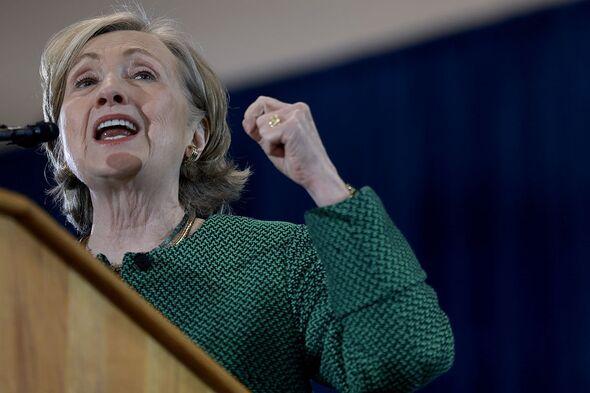
Clinton’s potential run would also face logistical hurdles. Fundraising, though a strength given her network, would compete with well-funded Democrats like Pritzker. Her age could draw comparisons to President Joe Biden’s 2024 campaign, where stamina was a concern. Yet, her ability to command attention—evident in the swift spread of 2028 rumors—suggests she retains significant influence. Whether she runs or not, Clinton’s presence shapes the Democratic conversation, forcing contenders to define themselves against her legacy. For now, the speculation underscores her enduring role in American politics, even as the party looks to new leaders.

